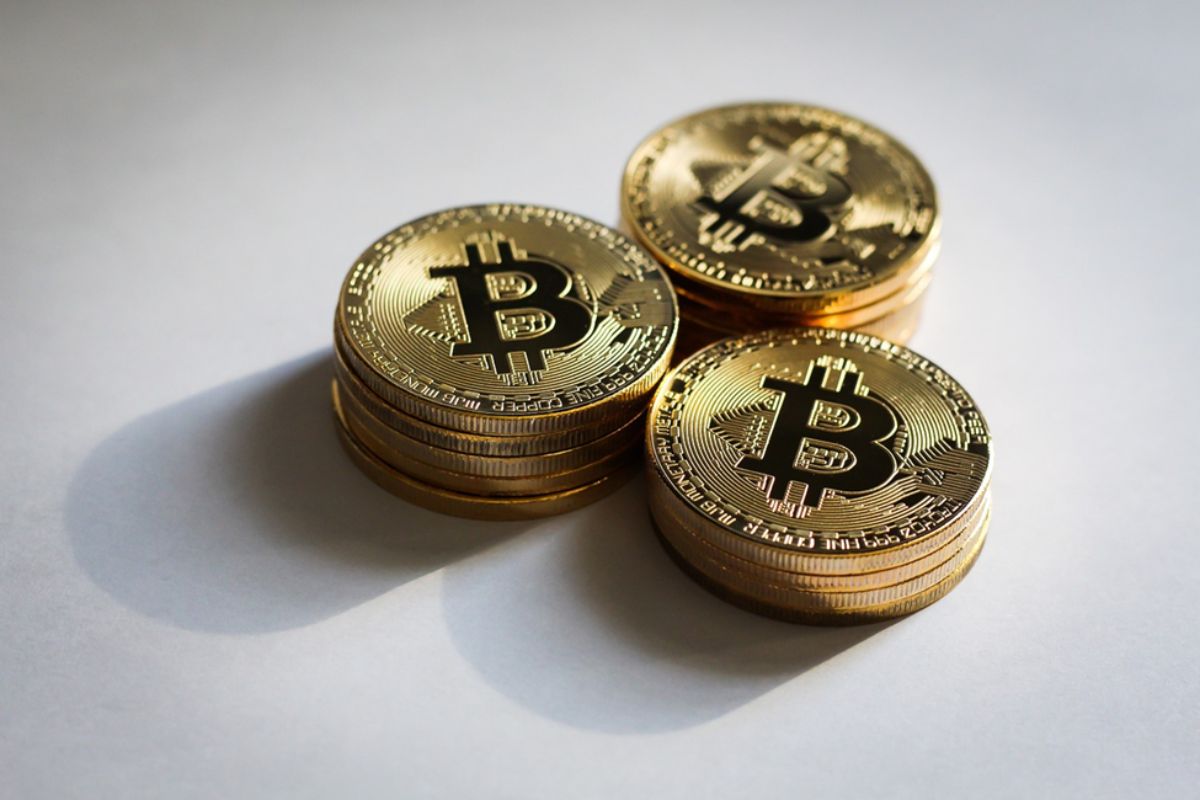The concept of the word asset is foundational in both finance and accounting. An asset is a resource that is controlled by an individual or business and is expected to produce future benefits or economic value. In the traditional sense, assets include real estate, cash, investments, and inventory.
However, with the advent of digital currencies such as cryptocurrencies, this definition has expanded. Cryptocurrencies are changing the way we think about finance, and as a new type of asset, it is important to know various types of assets in this new digital currency.
What is a Crypto Asset?
A crypto asset is a digital asset that represents value or rights that is transferable or electronically stored using public ledger technology to prove ownership. They use peer-to-peer networks, cryptography, and distributed ledger technology like blockchain to create, secure, and verify transactions.
A crypto asset is a digital innovation capable of streamlining the process of raising capital, improving competition, and creating and innovating an inclusive way of financing.
Crypto assets are operated independently of central banks, the government of a central authority. If you choose to, for instance, when you buy, sell, or speculate, be aware that you can lose all or some of your money.
Coins and Altcoins
In the crypto world, a coin is a cryptocurrency that has and uses its own blockchain. A good example is Bitcoin. It is called a coin because it runs via its own infrastructure.
Additionally, Ether also operates through the Ethereum blockchain. Altcoin refers to other coins aside from Bitcoin. There are various altcoins that operate like Bitcoin, but some, like Dogecoin, are usually different. Dogecoin provides users with an unlimited number of coins as against Bitcoin which has a total cap of 21 million coins.
Tokens
Tokens are like coins. They are digital assets capable of being bought and sold. But, tokens are non-native assets. This means that they use other blockchain infrastructure. Examples include Tether hosted on the Ethereum blockchain and others such as Polygon, Uniswap, and Chainlink.
Types of Crypto Assets
There are various types of crypto assets. Let’s take a look at some of the common types you might encounter:
Cryptocurrency
Cryptocurrencies are digital currencies and serve as an exchange medium. Cryptocurrencies can be used for paying services or buying products, or even for speculations like when you buy Bitcoin on CTPs (crypto asset trading platforms).
Cryptocurrency has no essential value. Its value is based on the market’s supply and demand. Some examples include Bitcoin, Ethereum, Litecoin, and Ripple.
Crypto Funds
With cryptocurrency investment funds, individuals can get access to cryptocurrencies without directly owning, buying, or trading the coins.
Cryptocurrency ETF
A cryptocurrency exchange fund (ETF) is similar to a regular ETF. However, crypto ETF does not track a commodity, sector, or index. Instead, it tracks one or more digital coins.
Blockchain Funds
Blockchain funds are like other investment funds where you only invest in a specific sector or industry of an economy. Blockchain funds only invest in companies having relations with blockchain technology.
Utility Tokens
Utility tokens make use of blockchain platforms to offer access to a particular product or can be used to buy a specific product or service. The service provider usually supplies the tokens, and they are only useful inside the issuer’s network.
Security Token
This is a token sold in events like Initial Coin Offering or Initial Token Offering. These events allow businesses or companies to raise money for the funding of a business idea.
Non-Fungible Tokens (NFTs)
NFTs record the proprietorship of a unique object like a video, digital image, or song. NFTs can be tangible or intangible. Non-fungible here means individuals can change the tokens for another because every token is unique. NFTs are a rather new crypto asset, with their marketplace rapidly evolving.
Fan Tokens
They are a form of cryptocurrency asset that represents the membership of a particular sports team, fan club, celebrity, or artist. These tokens let the holder gain access to fan membership perks like rewards, merchandise designs, and voting decisions.
Additionally, they grant individuals access to privileges like ticketing and exclusive content privileges. Football clubs like A.C Milan, Manchester City, and FC Barcelona have dedicated fan tokens.
Tokenized Real-World Assets
This is a growing subset of cryptocurrency assets. They represent shares in real-world asset like art, vintage cars, luxury handbags or watches, and real estate. These tokens use NFTs and let costly assets be broken down into small and easily traded units. The regulatory and legal framework for these tokens is complex and depends on the nature of the underlying assets the token represents.
Endnote
The crypto ecosystem continues to evolve, and crypto keeps expanding, offering a variety of possibilities for users and investors. Understanding the various categories of crypto assets is essential to making knowledgeable investment choices and steering through the dynamic crypto world.
















